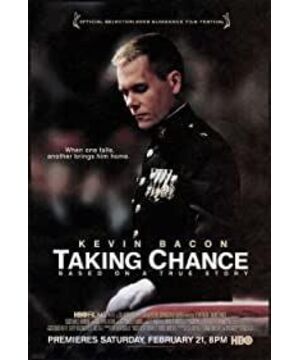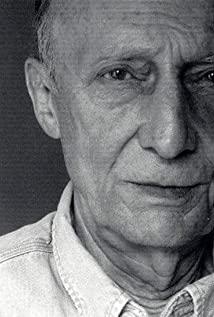Most critics think that this film has nothing to do with ideology, and simply expresses respect for life, which I disagree with. Chance was honored not because he was a man, but because of who he was—a soldier, and his experience—who died in a war waged by the state.
In fact, the film really expresses the idea that serving the country is a supreme honor. If under the banner of the state, death can be equated with glory, then as a life corresponding to death, its value has to be attached to the concept of the state.
But the country respects interests, not life. The state puts interests above individuals, and divides human life into three, six, and nine classes. The lives that meet the interests are the most valuable, the lives that do not meet the interests are of much lower value, and even some lives that are detrimental to the interests must be eliminated. Just like the protagonist, he could not find the value of life in his life, and he had a desire to return to the battlefield, eager to find the value of his own life by destroying the enemy's life.
Is this respect for life? No, this is a desecration of life.
View more about Taking Chance reviews











